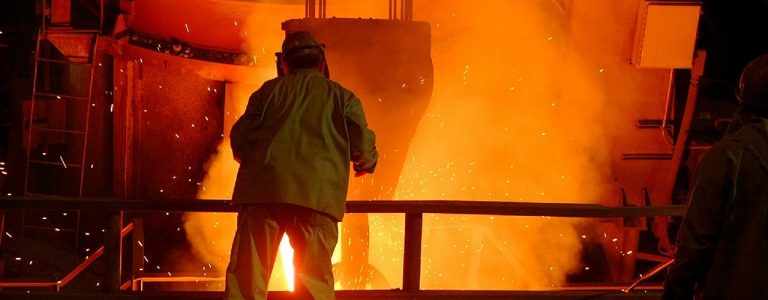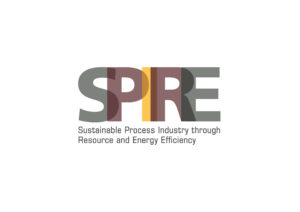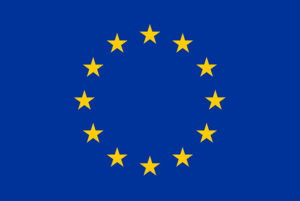Europe’s energy-intensive industries coping with covid crisis while trying to stay on sustainable path

Europe’s industry has significant challenges today. We are fortunate that the European Union provides a robust policy framework for industry that covers many themes: climate change, energy efficiency, renewable energy, air pollution, circular economy, energy security, resources efficiency, decarbonisation (or carbon neutrality) and competitiveness being the most relevant. Today, all Europeans also have to cope with the COVID-19 crisis and with a paralysed economy to a significant extent. There are also discussions within the EU institutions and through various consultations on the recovery package and what that will mean to industry, the overall economy and society. There are also several policy instruments to help industry.
Large industry in Europe has been required to undertake regular mandatory audits as required by the 2012 EU Energy Efficiency Directive. Now two audits should have been undertaken. Those audits provide evidence of what can and should be undertaken in companies to improve their energy performance. Yet, we are not seeing significant new investment.
Importantly Europe-wide industry associations are taking all of these issues seriously. As an example, the European Cement Association produced its 2050 Carbon Neutrality Roadmap this past May. The European Steel Association produced A Green Deal on Steel, Priorities for Transitioning the EU to Carbon Neutrality and Circularity in February. European Aluminium produced Circular Aluminium Action Plan, A Strategy for Achieving Aluminium’s Full Potential for Circular Economy by 2030 this year. And November 2019, the European Commission High Level Group on Energy-intensive Industries produced its Masterplan for a competitive transformation of EU energy-intensive industries enabling a climate-neutral, circular economy by 2050. The Energy Industrial Insulation Foundation just published its White Paper on Decarbonising Industry with Rapid Payback. One could go on but this gives an indication of the level of commitment and action.
The European Commission is also providing considerable support for innovative approaches to improve energy efficiency and use more renewable energy in order to decarbonise industry. This is incredibly important to demonstrate technologies and techniques, to get buy in from participating companies, to reinforce the drive towards modernisation and digitalisation, and to keep up some momentum during the current crisis.
Some of the funding for energy-intensive industries is funnelled through A.SPIRE. A.SPIRE is the European Association committed to managing and implementing the SPIRE Public-Private Partnership. It represents innovative process industries, 20% of the total European manufacturing sector in employment and turnover, and more than 150 industrial and research process stakeholders from over a dozen countries spread throughout Europe. One SPIRE project that EEIP is involved in is called RETROFEED.
RETROFEED’s main objective is to enable the use of an increasingly variable, bio-based and circular feedstock in process industries through the retrofitting of core equipment and the implementation of an advanced monitoring and control system and providing support to the plant operators by means of a Decision Support System (DSS) covering the production chain. This approach will be demonstrated in five REII (namely ceramic, cement, aluminium, steel, and agrochemical) with the potential to reach in average an increase of 22% in resource efficiency and 19% in energy efficiency, with a consequent reduction in costs and GHG emissions of 9.3 M€ and 135 kton CO2 respectively. The project is to last 3.5 years.
If RETROFEED is to be part of the solutions to reach Europe’s long-term energy and climate objectives and help meet our Paris Agreement obligations, a significant effort has to be in taking the experience and learnings from this project and developing legacy tools from implementation learnings to replication methodologies. The real benefits start when those learnings can be duplicated in many companies throughout Europe and globally.
Written by Rod Janssen, EEIP President

